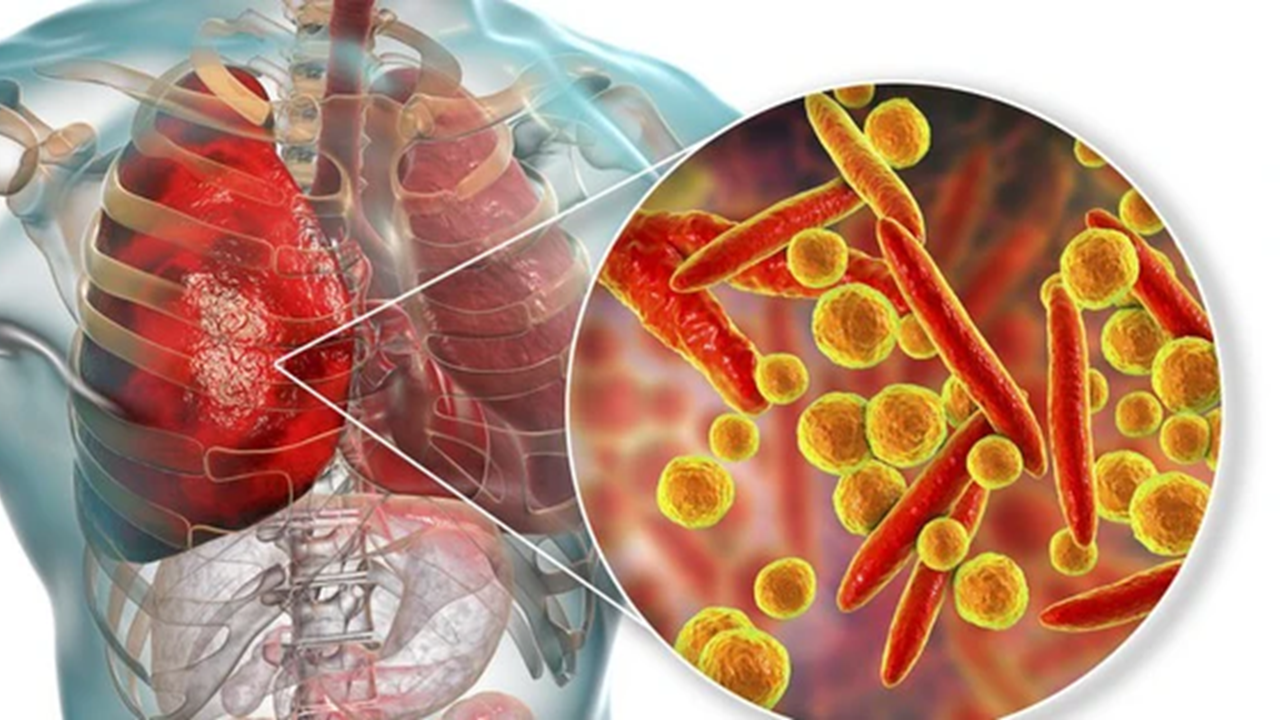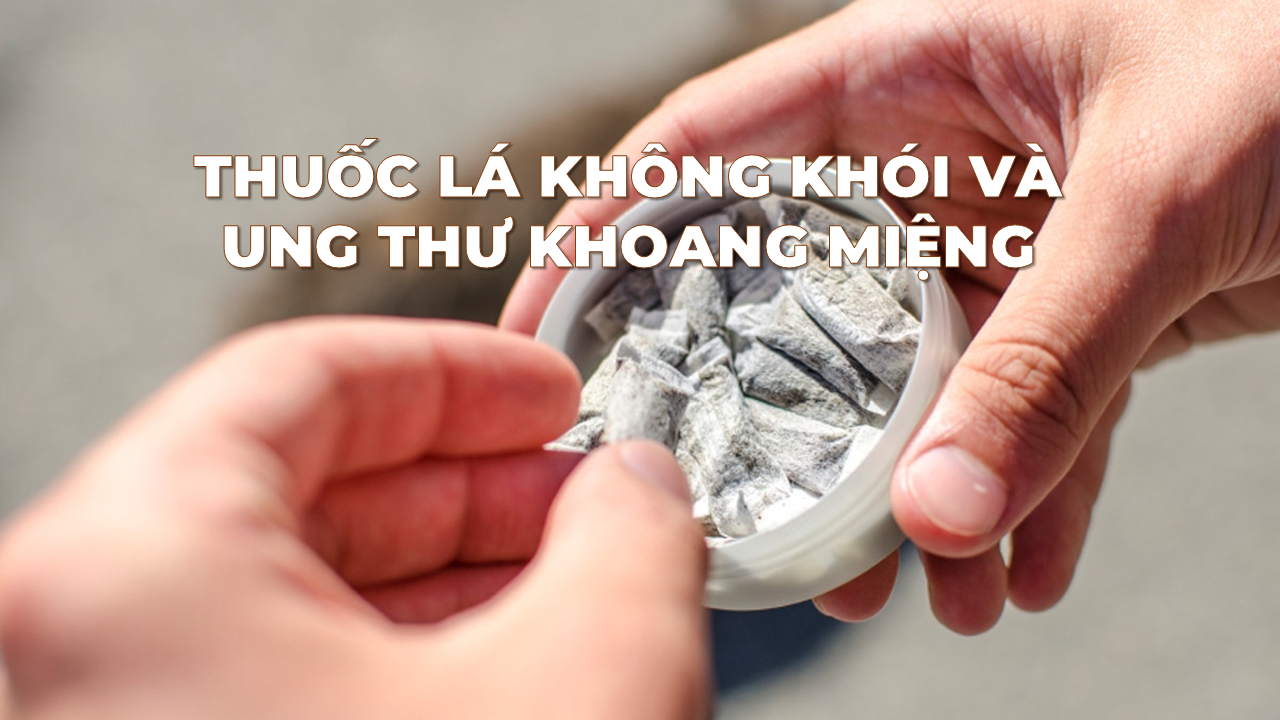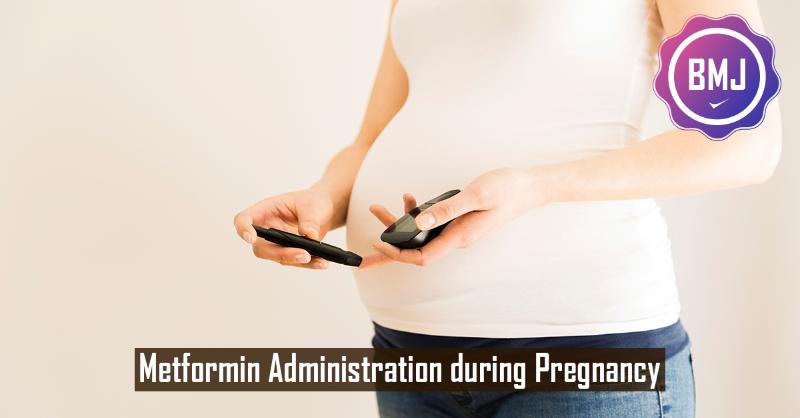AZURE-1 will evaluate the efficacy and safety of brelovitug compared to delayed treatment
Hepatitis D virus (HDV) is a defective virus that can only infect individuals already infected with Hepatitis B virus (HBV). According to the CDC, when co-infection occurs simultaneously, it typically does not lead to chronic infection but may cause acute liver failure. Vietnam is one of the countries with the highest prevalence of HBV worldwide. Based on data from the Ministry of Health and WHO, approximately 8.5 to 10 million Vietnamese are chronically infected with HBV, accounting for 8–10% of the population.
Chronic HDV infection is considered the most severe form of viral hepatitis, with a high risk of progression to cirrhosis, liver failure, and hepatocellular carcinoma. Globally, HDV affects 12 to 20 million individuals.
Treatment of Hepatitis D: What’s New Worldwide?
1. Pegylated Interferon α (PEG-IFN-α)
-
The only traditional treatment available before 2020.
-
Limited efficacy, with sustained virological response (SVR) rates of only ~20–30%.
-
Associated with numerous systemic side effects (e.g., fever, depression, insomnia).
2. Bulevirtide
-
Approved by the European Medicines Agency (EMA) in 2023 for chronic HDV in patients with compensated liver disease.
-
The FDA has not yet granted approval due to unmet technical requirements in biologic manufacturing, although no additional clinical trials are requested. As of 2025, it remains unapproved in the U.S..
-
Mechanism: Inhibits the NTCP receptor, blocking HDV entry into hepatocytes.
-
Indication: Chronic hepatitis D in patients with compensated liver disease.
Breakthrough Therapy Designation for HDV
The U.S. FDA has granted BTD to emerging therapies showing preliminary efficacy for diseases with high unmet needs:
| Drug | Mechanism of Action | Developer |
|---|---|---|
| Libevitug (HH-003) | Neutralizing antibody targeting HBV/HDV | Huahui Health (China) |
| Brelovitug (BJT-778) | Monoclonal antibody directly neutralizing HDV | Brii Biosciences (China) |
AZURE-1 Trial: Global Phase 3 Study
Bluejay Therapeutics recently announced the first patient dosing in its Phase 3 clinical trial AZURE-1, evaluating the monoclonal antibody Brelovitug (BJT-778) as monotherapy for chronic hepatitis D.
Trial Design – AZURE-1
-
A global, randomized clinical trial comparing Brelovitug monotherapy to a delayed treatment control in adults with chronic HDV.
-
Dr. Nancy Shulman, Chief Medical Officer at Bluejay Therapeutics, stated:
“The initiation of AZURE-1 marks a major milestone in addressing the unmet needs of HDV patients. We aim to enroll and complete the trial swiftly.”
About Brelovitug (BJT-778)
-
A fully human IgG1 monoclonal antibody with broad neutralizing activity across HDV genotypes.
-
Targets the HBsAg (hepatitis B surface antigen), present on both HBV and HDV virions.
Phase 2 Data: Impressive Results
At The Liver Meeting 2024 (organized by AASLD – American Association for the Study of Liver Diseases), Bluejay reported:
-
100% virologic response across all dosing groups.
-
Up to 78% achieved combined virologic response + ALT normalization, suggesting strong efficacy in reducing liver inflammation.
Phase 2 Study Design:
-
Included HDV RNA–positive patients with HBV suppression via nucleos(t)ide analogs.
-
Divided into 3 dosing cohorts:
-
300 mg weekly (QW) – n = 18
-
600 mg weekly for 12 weeks, then every other week (Q2W) – n = 11
-
900 mg every 4 weeks (Q4W) after initial loading dose – n = 18
-
-
Included patients with compensated cirrhosis and well-controlled HIV.
Primary Endpoints:
-
Safety and tolerability
-
Virologic response (≥2 log₁₀ HDV RNA reduction or undetectable HDV RNA)
-
ALT normalization (in patients with elevated baseline ALT)
-
Composite response (virologic + ALT) – recognized by the FDA as a reliable clinical efficacy marker
Key Results:
300 mg QW (n=10) – Week 44:
-
100% virologic response
-
60% HDV RNA < LLOQ (10 IU/mL), 50% undetectable HDV RNA
600 mg Q2W (n=10) – Week 36:
-
100% virologic response
-
50% < LLOQ, 40% undetectable HDV RNA
900 mg Q4W (n=8) – Week 24:
-
100% virologic response
-
75% < LLOQ, 50% undetectable HDV RNA
Safety Profile
-
All dosing regimens were well tolerated.
-
No ≥ Grade 3 adverse events reported.
-
No treatment discontinuations due to adverse effects.
The Future of HDV Treatment
The emergence of Brelovitug and the AZURE-1 trial may:
-
Transform HDV management by shifting from high-toxicity interferon therapy to targeted biologics.
-
Enable concurrent HBsAg targeting, which current drugs have failed to achieve effectively.
-
Provide a much-needed option for patients with compensated cirrhosis or HIV co-infection.
Source
1. Hepatitis D – WHO https://www.who.int/news-room/fact-sheets/detail/hepatitis-d
2.Hepcludex | European Medicines Agency (EMA)
3.Final Data From the Phase 3 MYR301 Study Demonstrated Longer Treatment With Bulevirtide Was Associated With Sustaining Undetectability After Stopping Treatment, 2025- Gilead Sciences, Inc.
4.FDA Rejects Bulevirtide for Hepatitis D, Compensated Liver Disease
5.FDA Grants Breakthrough Therapy Designation to Huahui Health’s Libevitug (HH-003) for treatment of chronic Hepatitis D virus infection
6.Bluejay Therapeutics Receives U.S. FDA Breakthrough Therapy Designation for Brelovitug (BJT-778) for the Treatment of Chronic Hepatitis Delta
7.AZURE-1, Bluejay Therapeutics press release. March 26, 2025. Accessed March 27, 2025.
8. Bluejay, Chronic Hepatitis D (CHD). Bluejay Therapeutics press statement. November 15, 2024. Accessed March 27, 2025.
Bài viết liên quan






